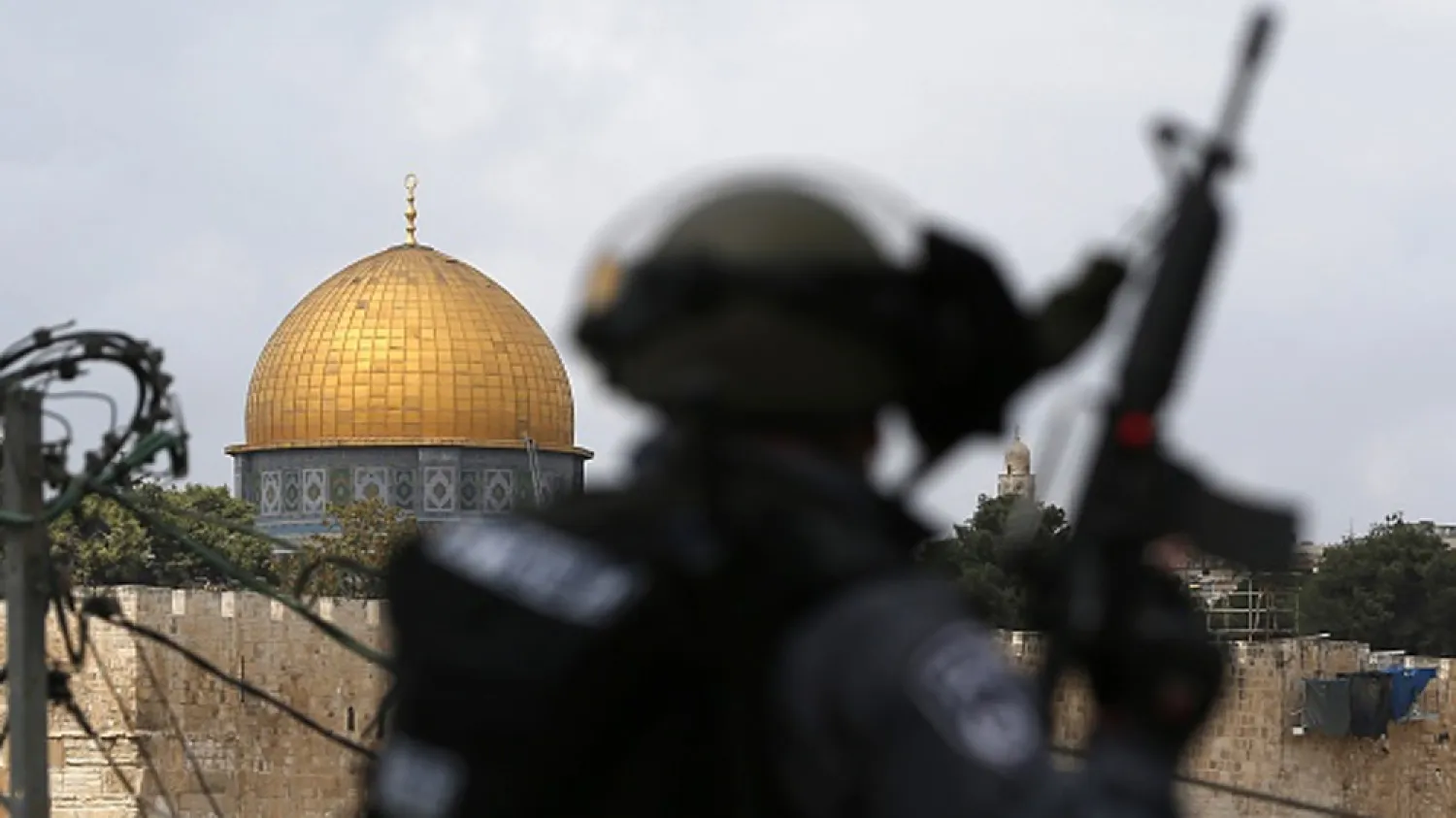The Arab League vehemently condemned Israel's decision to build more than 800 settlement units in occupied East Jerusalem.
Assistant Secretary-General for Palestinian territories and occupied Arab Lands Saeed Abu Ali warned of the Israeli settlers’ storming of the al-Aqsa compound in Jerusalem, which took place under the strict protection of Israeli forces.
The forces had also fired rubber bullets and gas bombs at worshippers at the holy site.
He condemned the development as a new escalation that demonstrates Israel’s intention to “Judaize” the al-Aqsa.
Abu Ali stated that Israel’s approval to build new units is a resumption of the settlement besieging the occupied East Jerusalem and the displacement of Palestinian families, stressing that such measures violate all international resolutions, laws and conventions.
He castigated the international community's silence and the US support for Israel as encouraging the latter to continue its aggression against the Palestinians. He stressed that attempts to impose a status quo will not deter the Palestinians' will to fight the occupation and build an independent Palestinian state.
The Palestinian cause was a priority at last week’s three Makkah summits, which underlined support for Palestinian rights.









